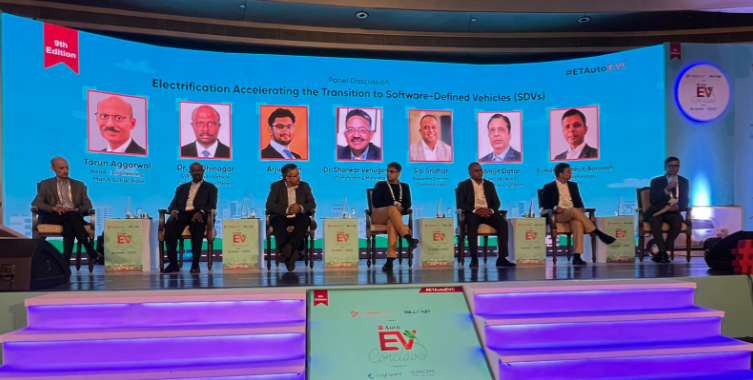 The conclave emphasized the importance of software in defining the future of mobility, particularly in EVs, where innovation and sustainability are shaping the industry’s evolution.
The conclave emphasized the importance of software in defining the future of mobility, particularly in EVs, where innovation and sustainability are shaping the industry’s evolution.New Delhi: The 9th edition of the ETAuto EV Conclave kicked off on December 11 in New Delhi. It is a two-day event. During the event, industry technology leaders delved into electrification and its role in accelerating the transition to Software-Defined Vehicles (SDVs).
“There’s nothing that works without software today,” remarked an auto expert. The journey of digitalisation in the auto industry is not new, but automakers are now incorporating the latest technologies to make vehicles more efficient and appealing to customers.
A significant focus is being placed on sustainable mobility, particularly through electrification. “We keep moving the boundaries, and electrification gives us an opportunity to push those boundaries further,” said Dr. SJ Dhinagar, Senior Vice President & Head of Vehicle Engineering at Ola Electric. He also highlighted the critical role of software in EVs, describing it as playing a “dominant role” in their development.
EVs vs. ICE
Electric Vehicles (EVs) present greater opportunities for advancement and innovation compared to Internal Combustion Engine (ICE) vehicles. “What EVs have done is allow a lot of things to start from a clean slate. EV software does not have the legacy of 50 years that ICE vehicles carry,” explained Tarun Aggarwal, Head of Engineering at Maruti Suzuki India. This creates room for experimentation and acceptance of mistakes.
Aggarwal further noted that EVs offer more freedom and require less supervision than ICE vehicles. However, he acknowledged that digitalisation has always been present in vehicles. “The nature of digitalisation is changing, bringing a new breed of suppliers, which are technology companies,” he said.
Software in EVs
Discussing various aspects of software, Sai Sridhar, Associate Director at Elektrobit India, said, “There are two kinds of software. One is differentiating software that can be monetised, and the other is infrastructure or non-differentiating software, which connects differentiating software with the hardware.”
Hardware and Software Integration
Digital technology in the auto industry is evolving rapidly, with EV technology reducing charging times and addressing range anxiety. “It is a mix of both hardware and software that delivers results. Getting this balance right is crucial,” noted Dr. Shankar Venugopal, Vice President at Mahindra & Mahindra.
Software and cloud systems in SDVs are increasingly localised, making them safer and less vulnerable to security threats, explained Arjun Jain, CEO of Varroc Group.
Vehicles are no longer just hardware; they are now digitalized ecosystems. Abhijit Datar, Vice President and SBU Head of IoT Practice at Cognizant, highlighted three key aspects of this transformation:
- Staying Updated: The necessity of keeping up with the latest technologies.
- Subscription-Based Revenue Models:These require frequent software updates.
- Energy Efficiency: Efficiency is now algorithm-driven, utilizing technologies such as battery management systems, regenerative braking, suspension adjustments, and over-the-air updates.
“All of these configurations, powered by algorithmic technologies, are becoming incredibly impactful,” said Datar.
The conclave emphasized the importance of software in defining the future of mobility, particularly in EVs, where innovation and sustainability are shaping the industry’s evolution.
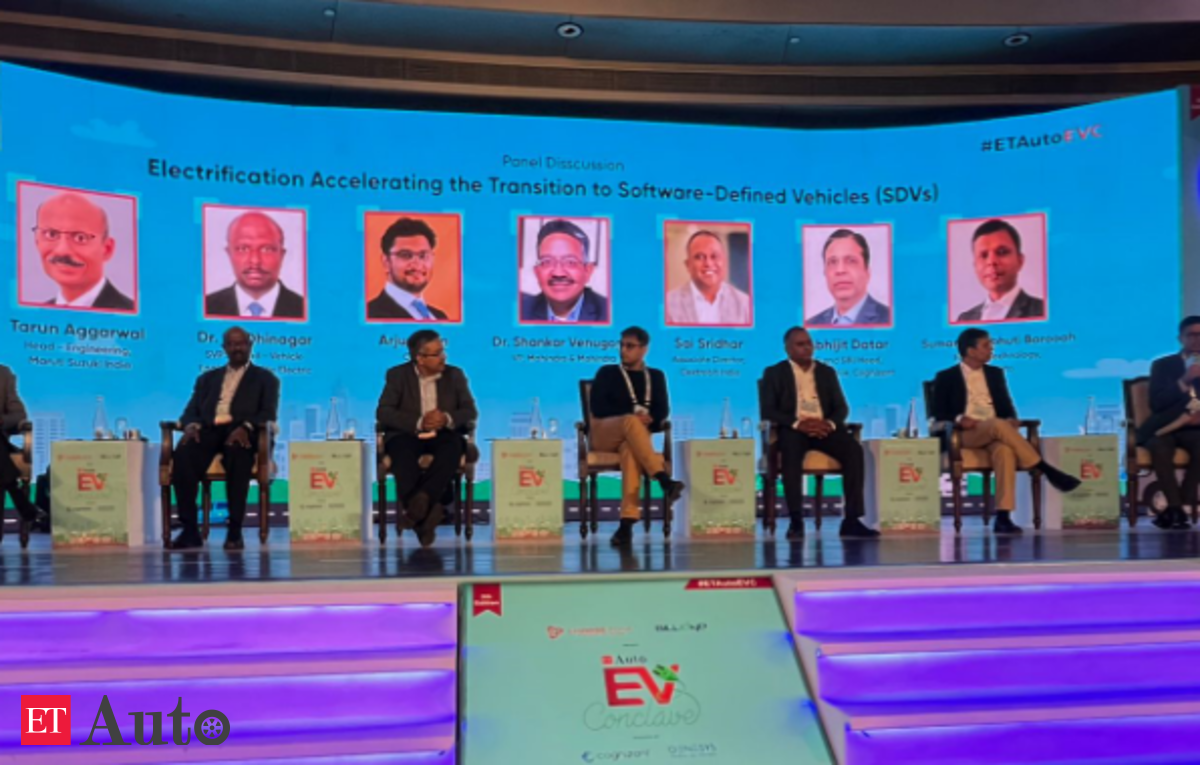


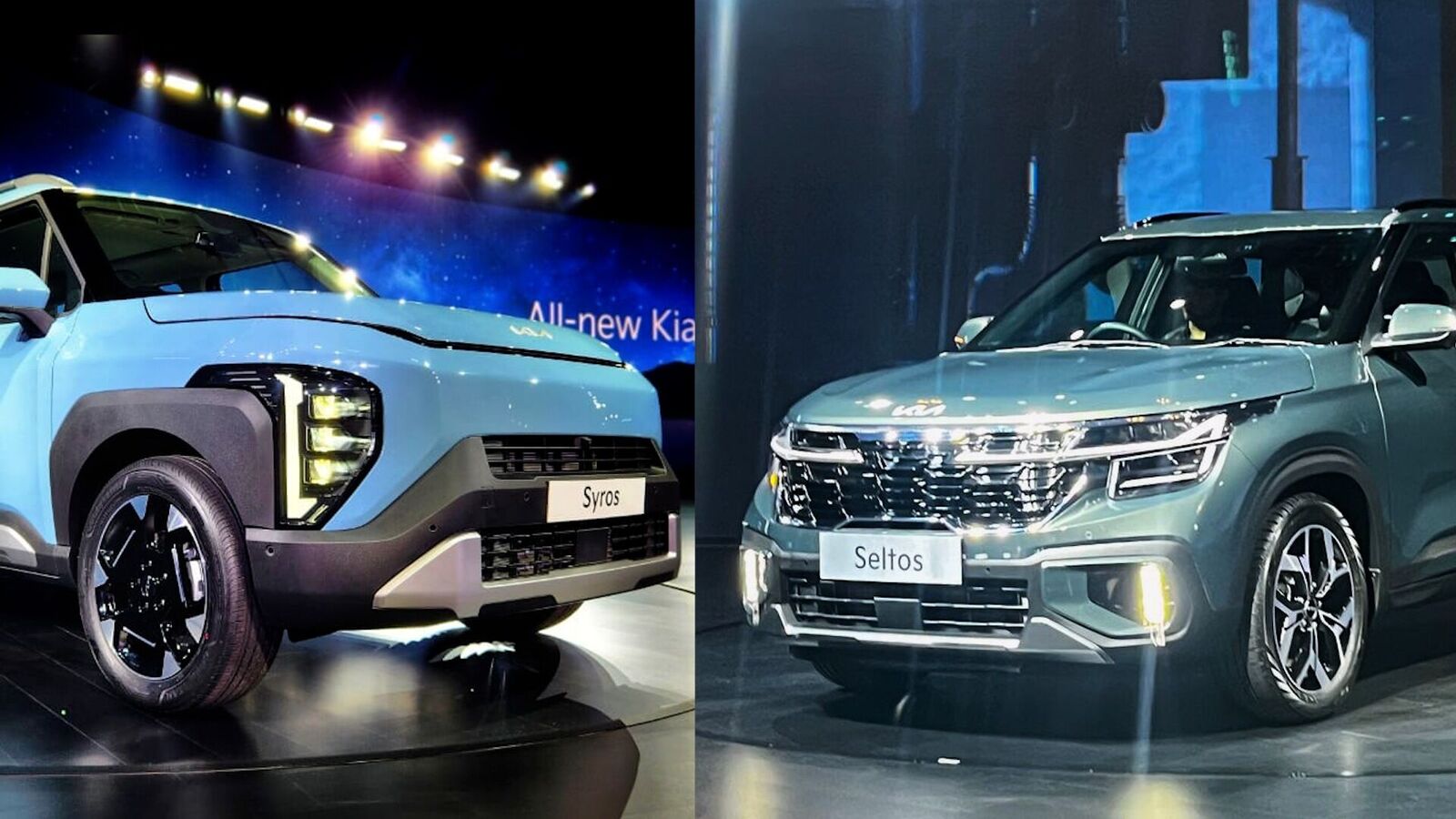

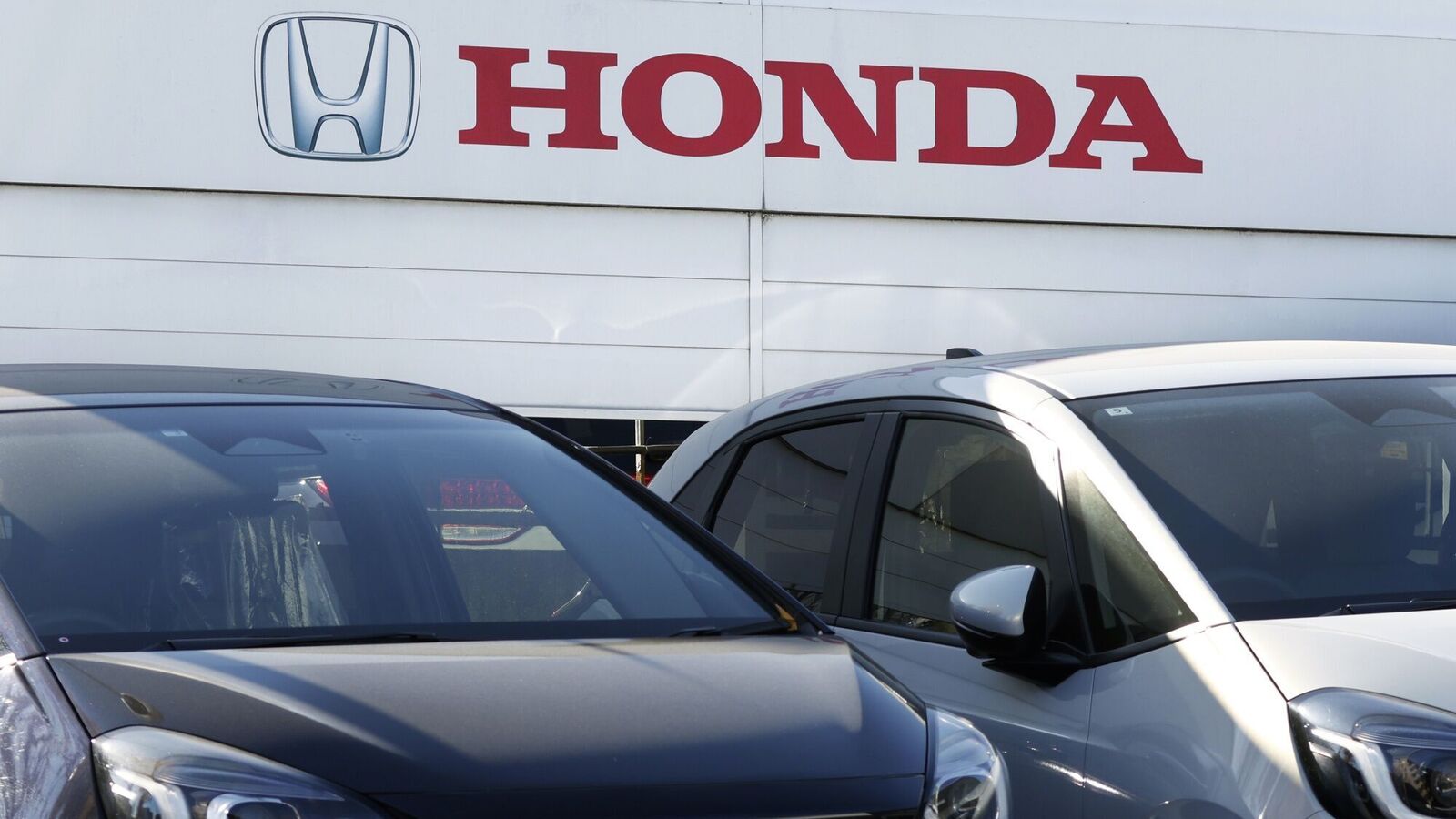
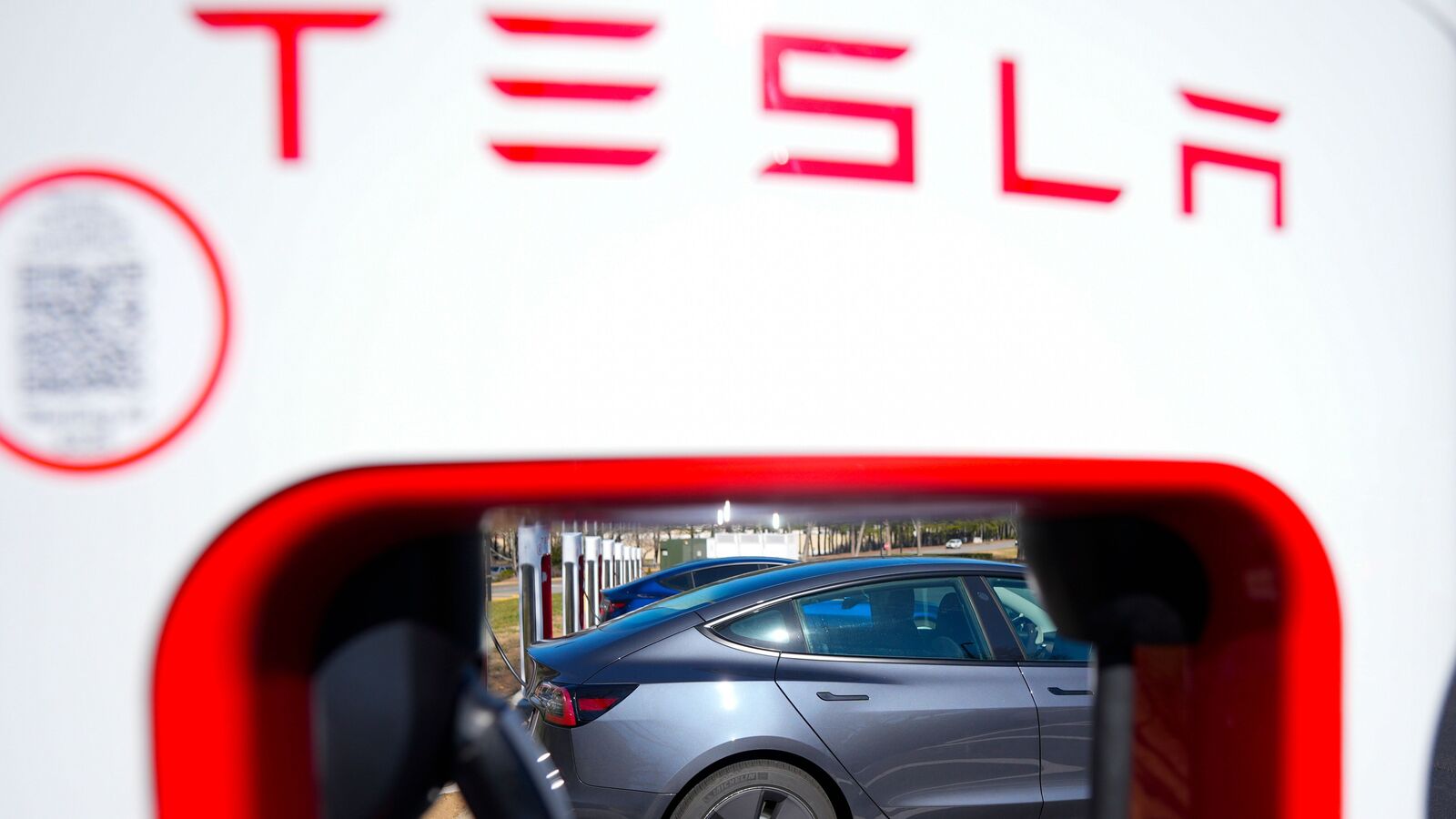
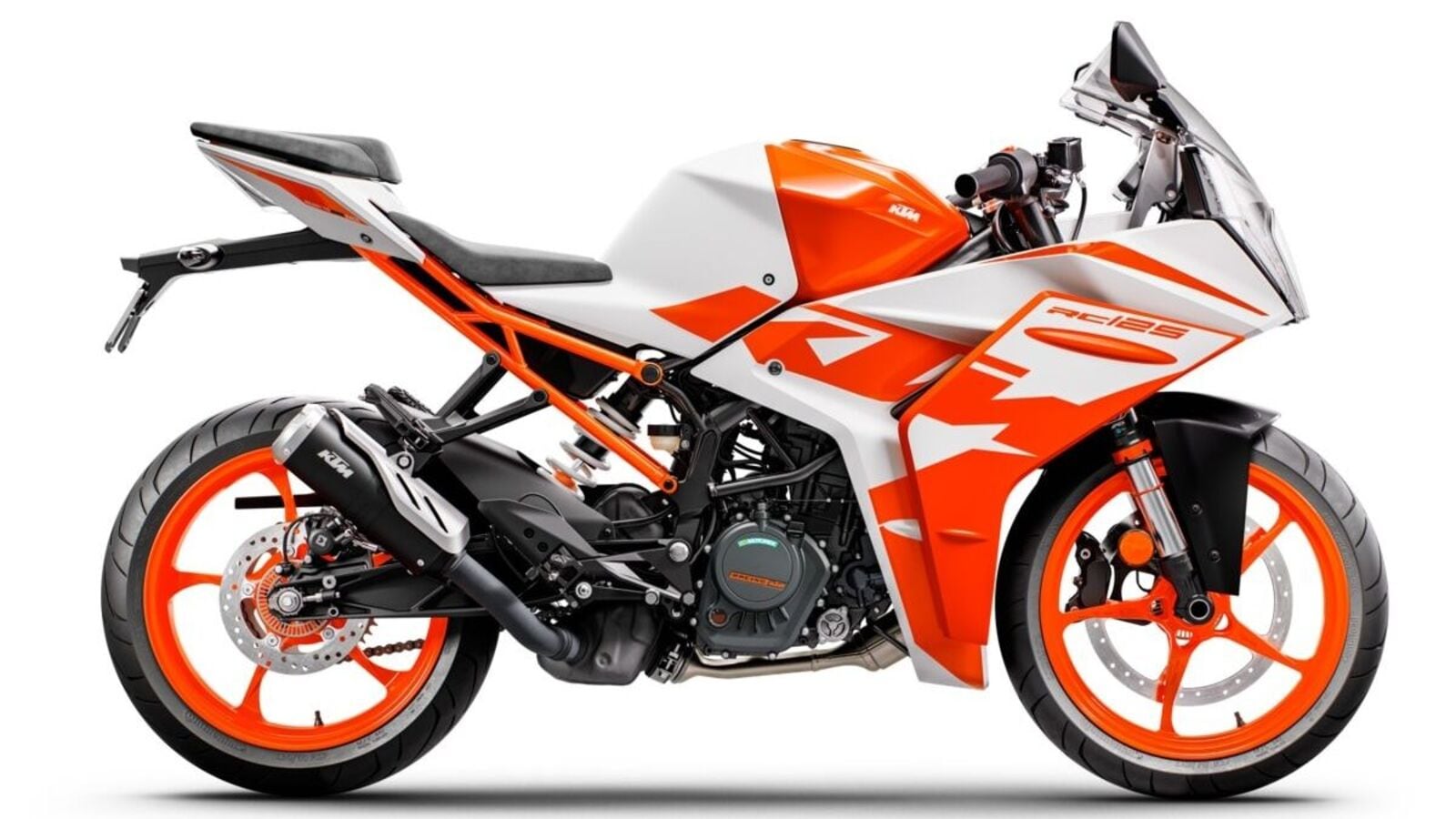
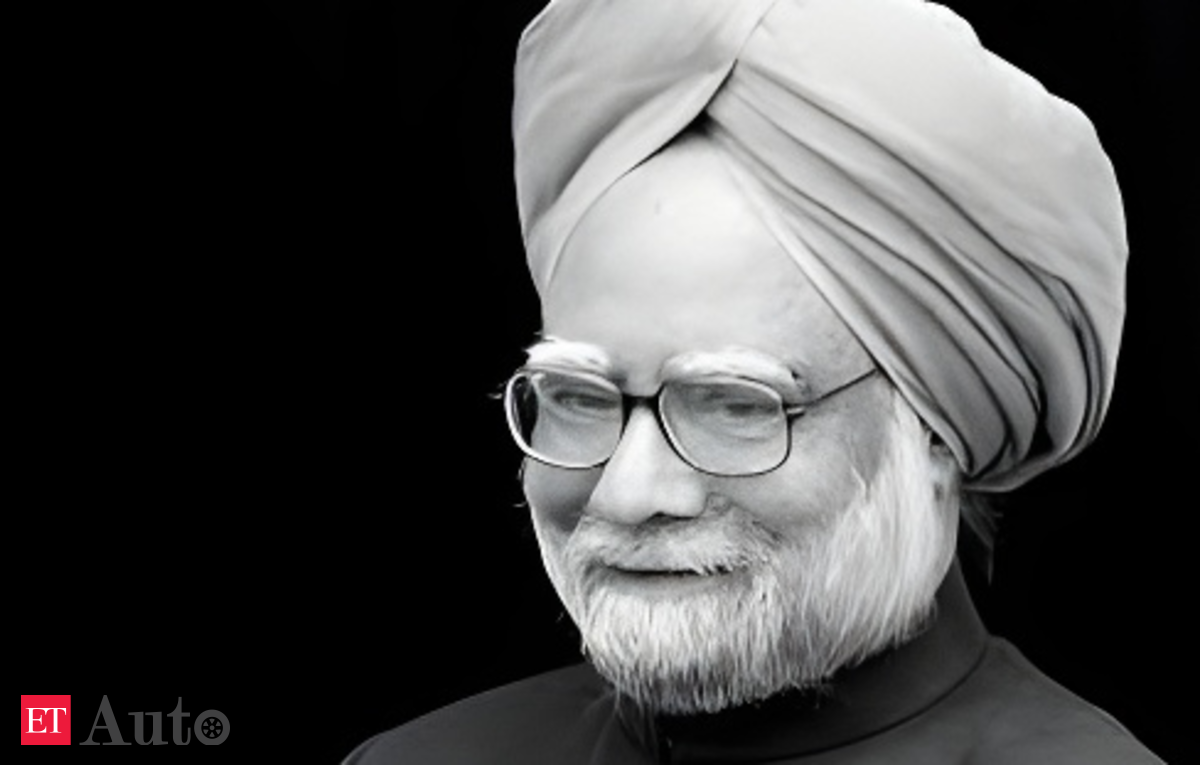
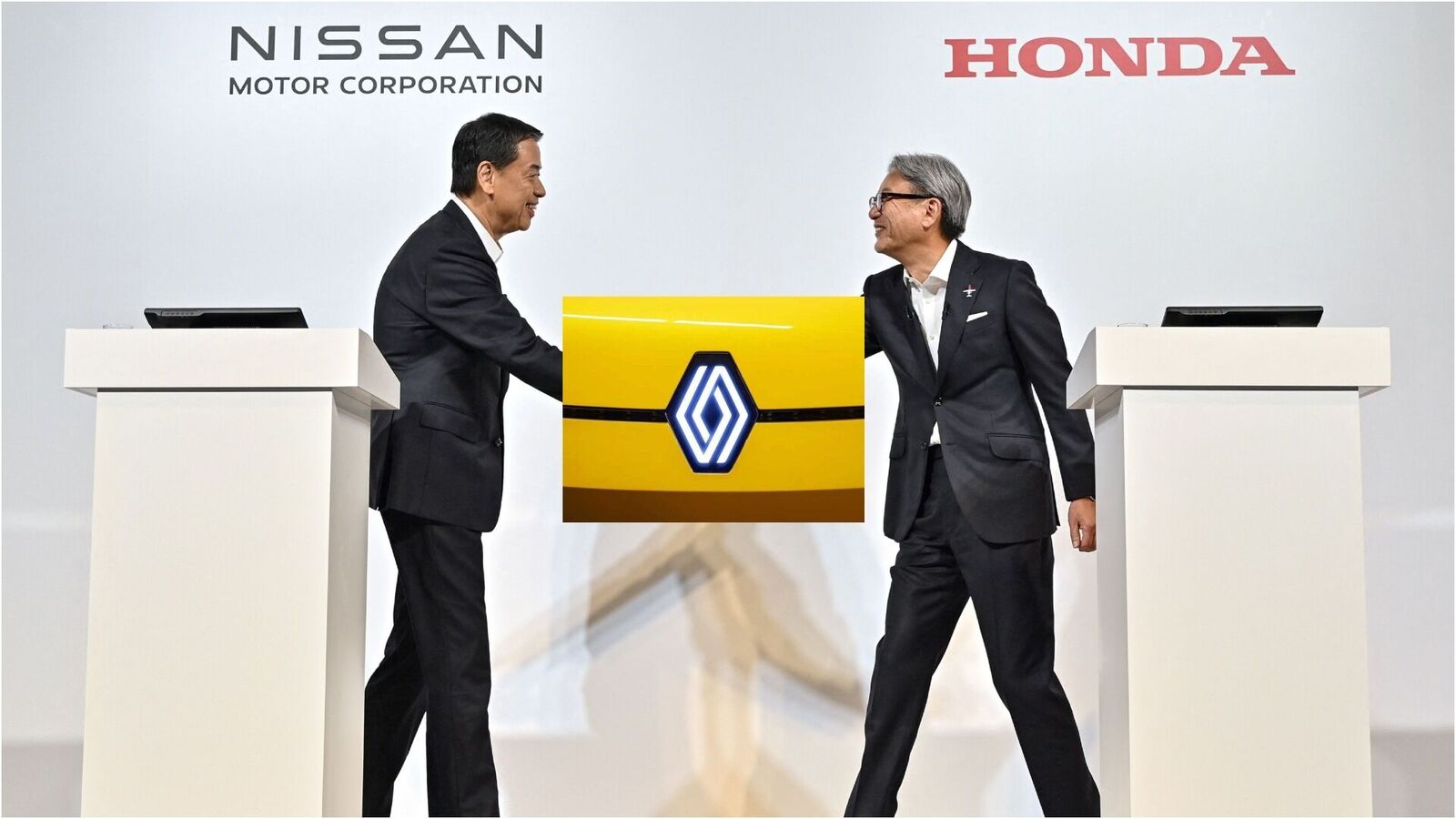
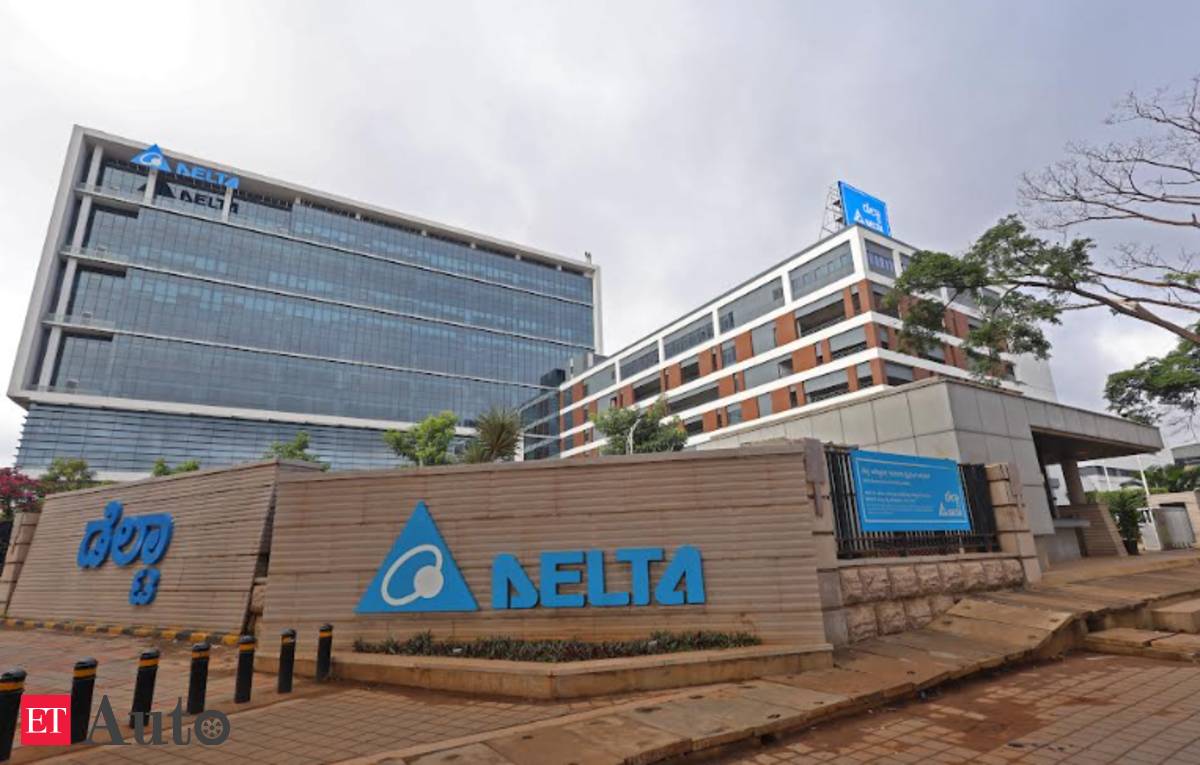
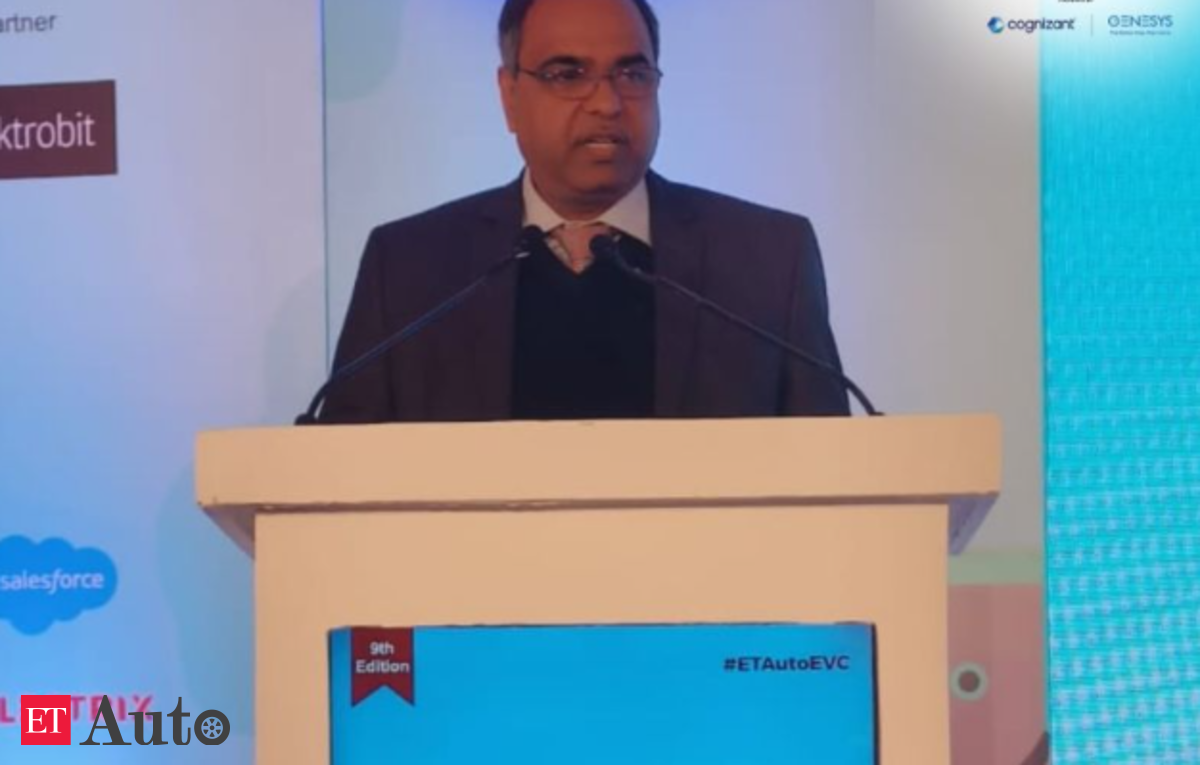

Leave a Reply